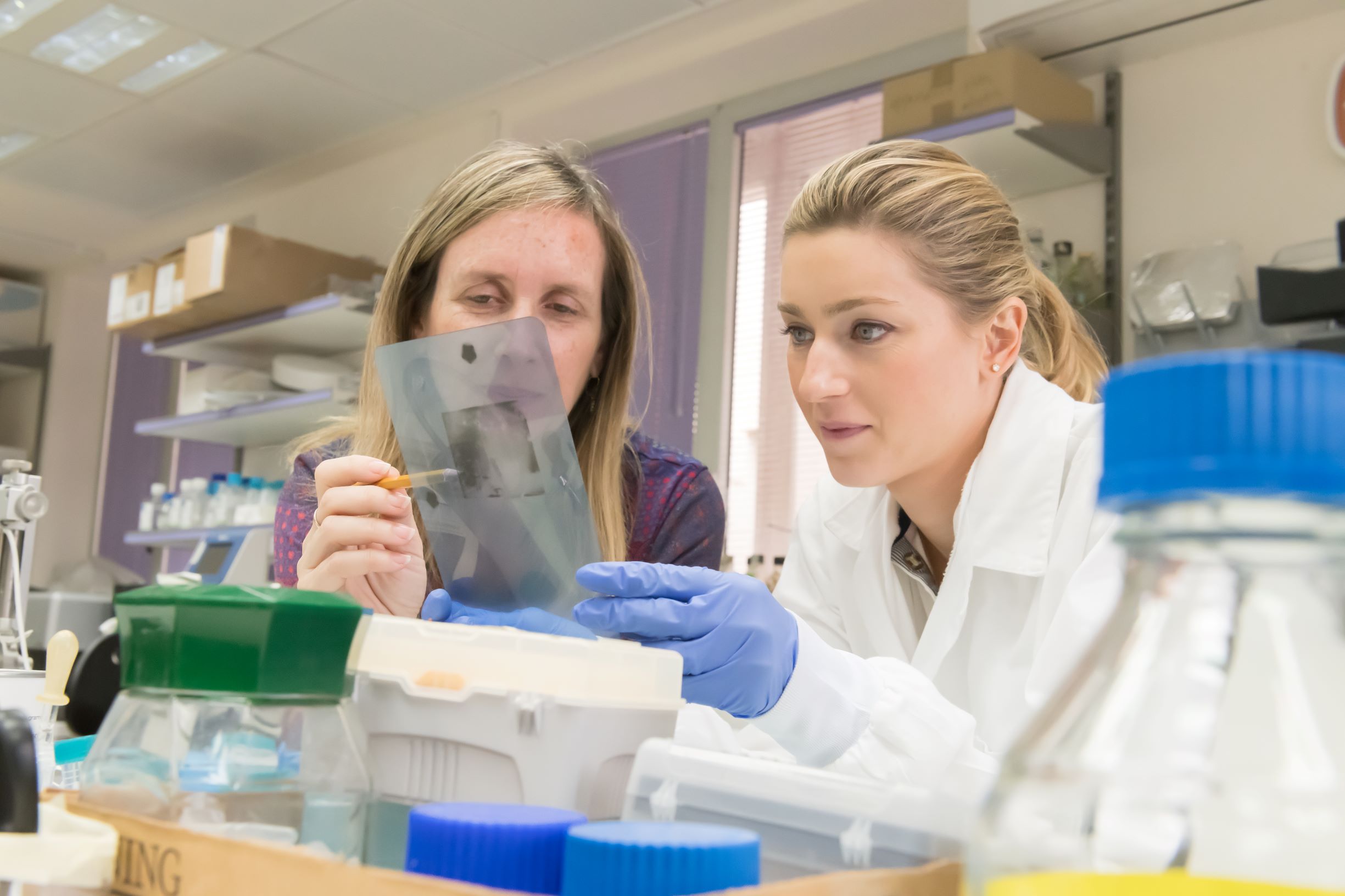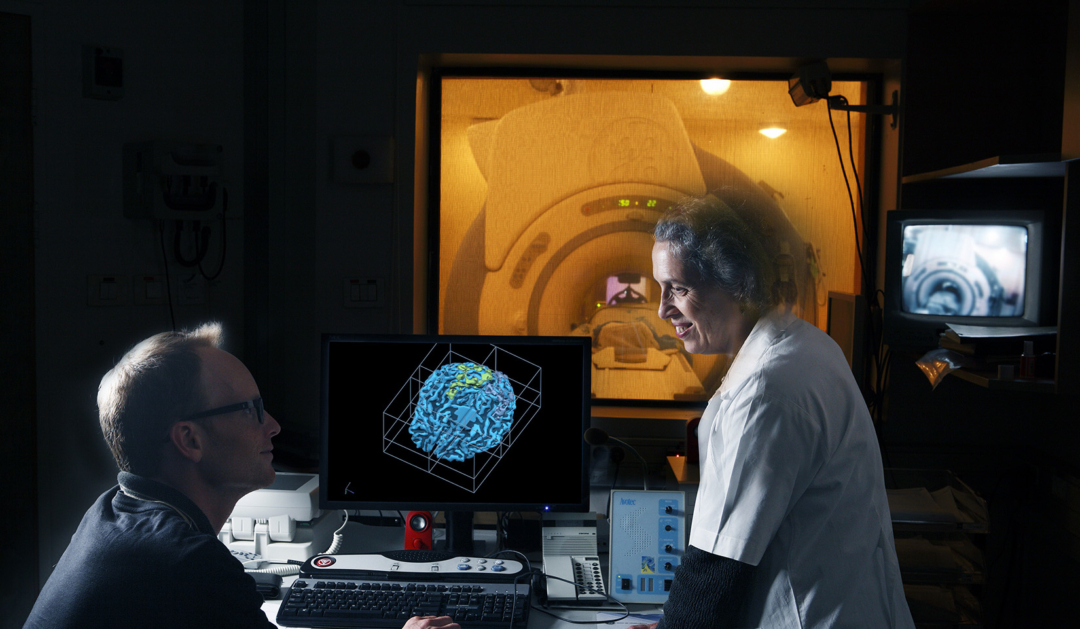US-Israel Partnerships: Accelerating medical innovation
Improving outcomes for children with leukemia
US-Israel Partnerships: Accelerating medical innovation
Improving outcomes for children with leukemia
Researchers and other experts at Israeli and Bay Area medical centers are partnering to advance personalized medicine, promote integrative healthcare, and pursue drug development for diseases that have yet to see breakthroughs. Although the pandemic put in-person exchanges and academic gatherings on hold, technology not only enabled these collaborations to move forward, but also sparked new ways of sharing data and developing future-forward approaches.
The Weizmann Institute of Science in Israel and the Lucile Packard Children’s Hospital at Stanford University are pooling their expertise and resources to develop targeted, personalized treatments for children with leukemia. The disease is usually successfully treated with chemotherapy, but about 20 percent of patients subsequently relapse. Many of these children do not survive. Some of those who do respond to chemotherapy experience serious side effects later in life.
A pair of researchers—one at Weizmann and one at Stanford—will investigate the biochemical functions involved in the two most common childhood leukemias. For this first-of-its-kind study, patient samples will be provided primarily by Stanford. Metabolomics analyzes how the body processes what is brought into it (oxygen, nutrients) and how it disposes of what it doesn’t need (urine, stool). Test results, in conjunction with big datasets, will be correlated with patients’ clinical data. It is anticipated that the research findings will lead to developing better—meaning targeted and personalized—treatments that may be safer than standard chemotherapy and effectively reduce relapse rates.




